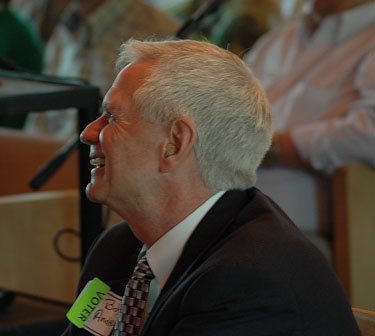Part of our house renovation this year is to build a garage and tear down our rotting shed out back. The garage is built. Yesterday I finished my shed destruction.
Underneath the rubble I found an old plastic trash bag filled with leaves - they were leaves, anyway. Now the bag is filled with rich compost of humble humus.
The word "humble" has the same roots as humus... to be close to the ground... maybe it's humility that we are looking for when we say to somebody, "get grounded"... or "earth to Bob, where are you?" ( I hear that when I start thinking too much!). Another version of humility might be the common, "get real!" I never thought of those phrases as connected with humility.
But these phrases do remind us to stay connected, stay close to the ground, to stay located, not lost in oneself in a way that disconnects. In the New Testament, the Apostle Paul speaks of humility in Philippians 2. He connects the life of Jesus as one that is humble and describes it as a kind of "emptying" of personal power and any divine perogatives.
In interim ministry leadership, my goal is to help a congregation find its own "voice". That will empower them to do mission, be effective in their goals, to be and to do what God is calling them to be and to do. BUt as a transitional leader, if I stay full of myself (if I were your permanent pastor, I would...), if I can't let go my own preferences (why don't they like contemporary worship? They are nuts!), if I focus on my needs (if they don't come to terms with the last pastor's beloved status, I'm out of here) then I'm filling all the creative space with Bob and not the whole people of God.
Parker Palmer, somewhere in his book, The Courage to Teach, writes about this vtopic as a teaching challenge. When a teachersempty themselves of their own agendas, then they are creating space for the student (congregation?) to explore on their own terms, to discover their voice, to learn.
This is risky of course. Letting go of my way of teaching, leading, programming, means I let go of power to empower others. And of course that is exactly what Jesus did. He emptied himself and created new space for a new kind of life and a new kind of people, a new way of being and doing. He let go of the power that was his by "authority" and shared it with the world, with me.
That is humility. Good stuff grows in humus, but it takes the death and decay of nature to share the inner new life with the world.
Bob Anderson April 21, 2004
Wednesday, April 21, 2004
Subscribe to:
Comments (Atom)




